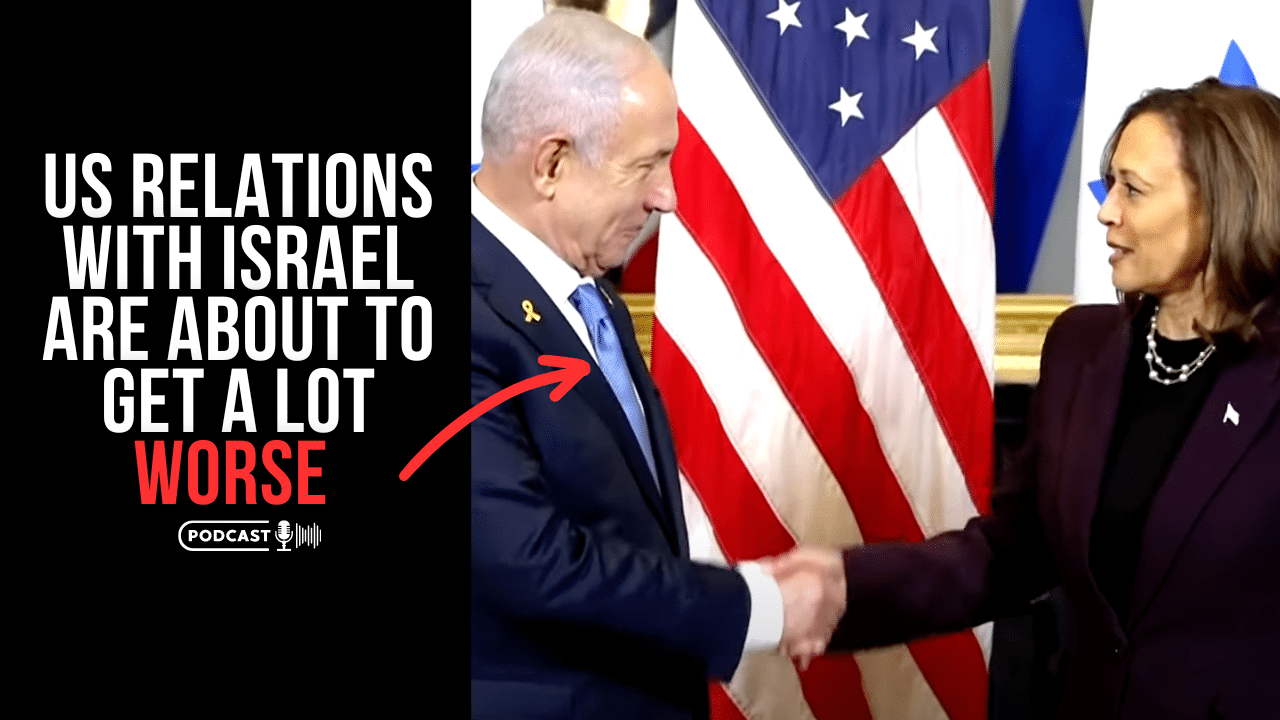An Australian intelligence agency is funding research attempting to merge artificial intelligence with human brain cells. According to The Guardian, “Research into merging human brain cells with artificial intelligence has received a $600,000 grant from defense and the Office of National Intelligence (ONI).”
The funding from the Australia National Intelligence and Security Discovery Research Grants Program will go to research being conducted by the Monash University and Cortical Labs. Adeel Razi, the project’s lead and associate professor from the Monash University’s Turner Institute for Brain and Mental Health, explained, “This new technology capability in future may eventually surpass the performance of existing, purely silicon-based hardware.”
Last year, the research team created a “DishBrain” – a “semi-biological computer chip with some 800,000 human and mouse brain cells lab-grown into its electrodes,” according to New Atlas. The DishBrain utilizes lab-cultivated neurons from human stem cells. The scientists were able to train the brain cells to play the classic video game “Pong.”
The outlet added, “The micro-electrode array at the heart of the DishBrain was capable both of reading activity in the brain cells, and stimulating them with electrical signals, so the research team set up a version of ‘Pong’ where the brain cells were fed a moving electrical stimulus to represent which side of the ‘screen’ the ball was on, and how far away from the paddle it was. They allowed the brain cells to act on the paddle, moving it left and right.”
Some experts contend that the brain-powered Biological Intelligence Operating System is the future of AI because it is self-programming, requires less memory, conserves energy, and can learn throughout its lifetime like human brain cells.
“The outcomes of such research would have significant implications across multiple fields such as, but not limited to, planning, robotics, advanced automation, brain-machine interfaces, and drug discovery, giving Australia a significant strategic advantage,” Razi said in a statement.















